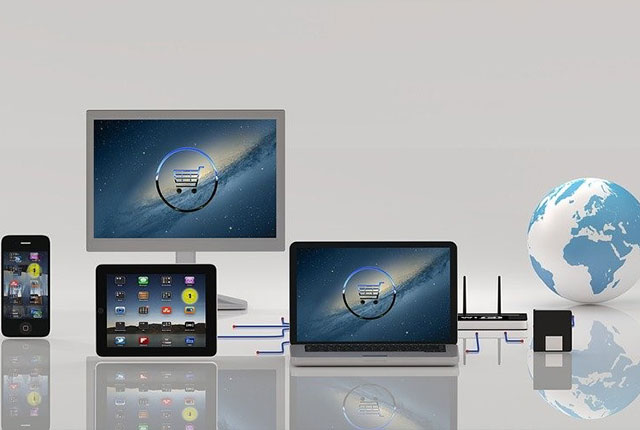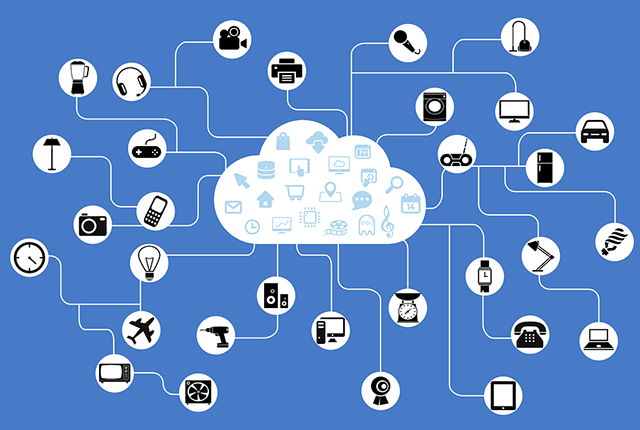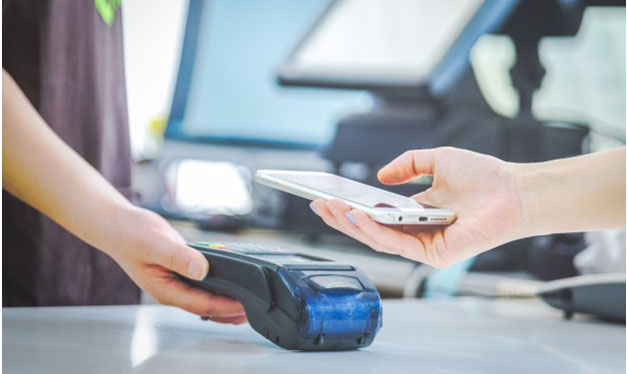Mutually Beneficial Partnership Scenarios for Banks and FinTech Companies
12 November 2020
Today’s banking industry is experiencing a digital shift
that shows no sign of slowing down, with FinTech companies blooming all over
the globe to bring new customized experiences to an increasingly digital
population in times of a pandemic.
However that shift doesn’t need to mean that both sectors
are competing; both the traditional and new digital models can bring a mutually
beneficial relationship by filling the gaps in each, in order for them to
complement and grow together for the benefit of the customer. These rising
opportunities can yield strategic partnerships for both sectors, where FinTech
companies can offer readily available digital services that would take years
for traditional financial institutions to develop, whereas these FIs in turn can
help FinTechs grow by scaling distribution faster and at a lower cost, resulting
in potential successful revenue share models for both entities.
Banks and conventional FIs have previously expressed their
interest in partnering up with FinTech companies primarily to improve the
customer experience, with a secondary interest in reducing operational expenses
as well as a faster and more efficient fraud detection process. As time goes
by, banks are increasingly considering joining forces with FinTechs to expand
their products and services offering, and today this notion is as ripe as it
ever was.
Electronic Bill Payment
Regarding banks and bill payment practices, Forbes mentions that
less than 15% of customers use their personal bank’s digital platforms to pay
bills, and they are mostly older ones that use this service. This makes it
complicated for banks that focus on personalizing bill paying services to
deliver customized recommendations to their customers, because making payments
on a bank’s digital platform provides this bank with rich data that allows it
to personalize content and enable its customers to make smarter, better
decisions about their financial future, ultimately driving customer loyalty and
relationship growth. However, this can hardly be done if customers don’t use
the digital channels offered by banks.
In that scenario, partnering up with a FinTech company that
negotiates customers’ bills could be greatly beneficial. Bill negotiation
services offered by these FinTech companies enable them to support customers in
reducing their monthly bills through negotiating with their providers based on
their reputable financial situation. If customers have a good reputation,
companies can help them save on monthly expenses such as mobile, TV cable,
Internet bundles and more by negotiating their bills depending on their usage
to get better rates for customers’ monthly bills while sharing revenue with the
bank which offers a great strategic approach to solving this issue of
electronic bill payments.
Tracking Subscriptions
With the subscription economy still going strong, people
subscribe more and more to various digital services and keeping up with all
those subscriptions can be a tedious task. Banks and FinTechs are no exception
to this rule, and some subscription-based banking models are emerging to find
their way into our lives; models that could end up being as common as
subscription models in other industries like Video On Demand (Netflix) and
Shopping (Amazon). Subscription-based banking services typically offer premium
services for a set monthly or annual fee that provides complimentary financial
benefits such as travel insurance, different lines of credit, and free ATM
withdrawals from different banks, as well as more in-depth benefits like providing
free current accounts that do not charge the customer on foreign currency
exchanges, and instant access to further benefits such as cash back offers,
international health insurance, priority support and exclusive access to select
airport lounges around the world.
If customers are subscribed to services from several
financial institutions, this could lead customers to being frustrated and overwhelmed,
and that is exactly why some mobile apps are tackling that issue by being
dedicated platforms that track and manage bank subscription lifecycles. This
includes partnering up with banks to help their customers purchase new subscriptions,
tracking existing ones and their costs, comparing providers with the ability to
switch between them, and finally cancelling undesirable subscriptions, all on
the same dedicated platform. An extra benefit of establishing such a
partnership is reducing costs of subscription-related customer service efforts,
such as providing a live chat functionality that combines AI-powered chatbots
with human agents to cater to subscription issues on a 24/7 basis. These
platforms could bring these services through a one-time fee, which makes sense
if you are a customer that feels overwhelmed with your many subscriptions; pay
once, manage it all.
Privacy and Data Breaching
As the digital world grows, so do
privacy and security concerns when it comes to user data. Our data is
increasingly exposed as digital platforms depend on it for personalization and
similar approaches, and identity protection protocols are continuously evolving
as privacy concerns escalate with new emerging technologies. Keeping track of
data breaches as consumers is a heavy and tedious process, and so some emerging
web and mobile startups are specializing in making the process faster and
easier, for consumers and banks alike. Based on the publicly reported data
breaches, these startups analyze these reports to create a relevance score for
each breach to provide consumers with recommended actions they should be
taking. The main issue here is that customers are unlikely to keep visiting
this service and staying updated on the latest breaches, and so this can be
bypassed through the successful integration of these data protection services with
the financial institutions’ digital banking platforms, allowing banks to deploy
better security tools on their platforms while merging all digital services
together and providing customers with regular updates on their data’s privacy.
Opportunities Worth Chasing
related articles

Mr. Rami Aboul Naga, Deputy Governor of the Central Bank of Egypt,

Financial Health is What FinTech Should Be Empowering

How IoT is Infiltrating FinTech Payments

The Challenges that FinTech Startups in Emerging Markets need to consider

Four FinTech Elements Affecting the Retail Banking Ecosystem

The State of Biometrics in 2020 and Beyond

Regulatory Technology is the Unsung Hero of Digital Transformation

Bridging the Digital Divide with APIs

The Impact of IoT on FinTech & Banking

Customer Service Transformation has become a must in a Digital World

The Impact of Coronavirus on the Financial Sector

Visa showing refreshed interest in FinTech

5 Mobile Trends To Transform The Future Of Payments

Rising Startup Netsahem Digitizes Charity In Egypt
.jpg)
Is Authentication by Facial Recognition an Ideal Method to Combat Financial Fraud?


 0
0
 5.4k
5.4k 



Comments